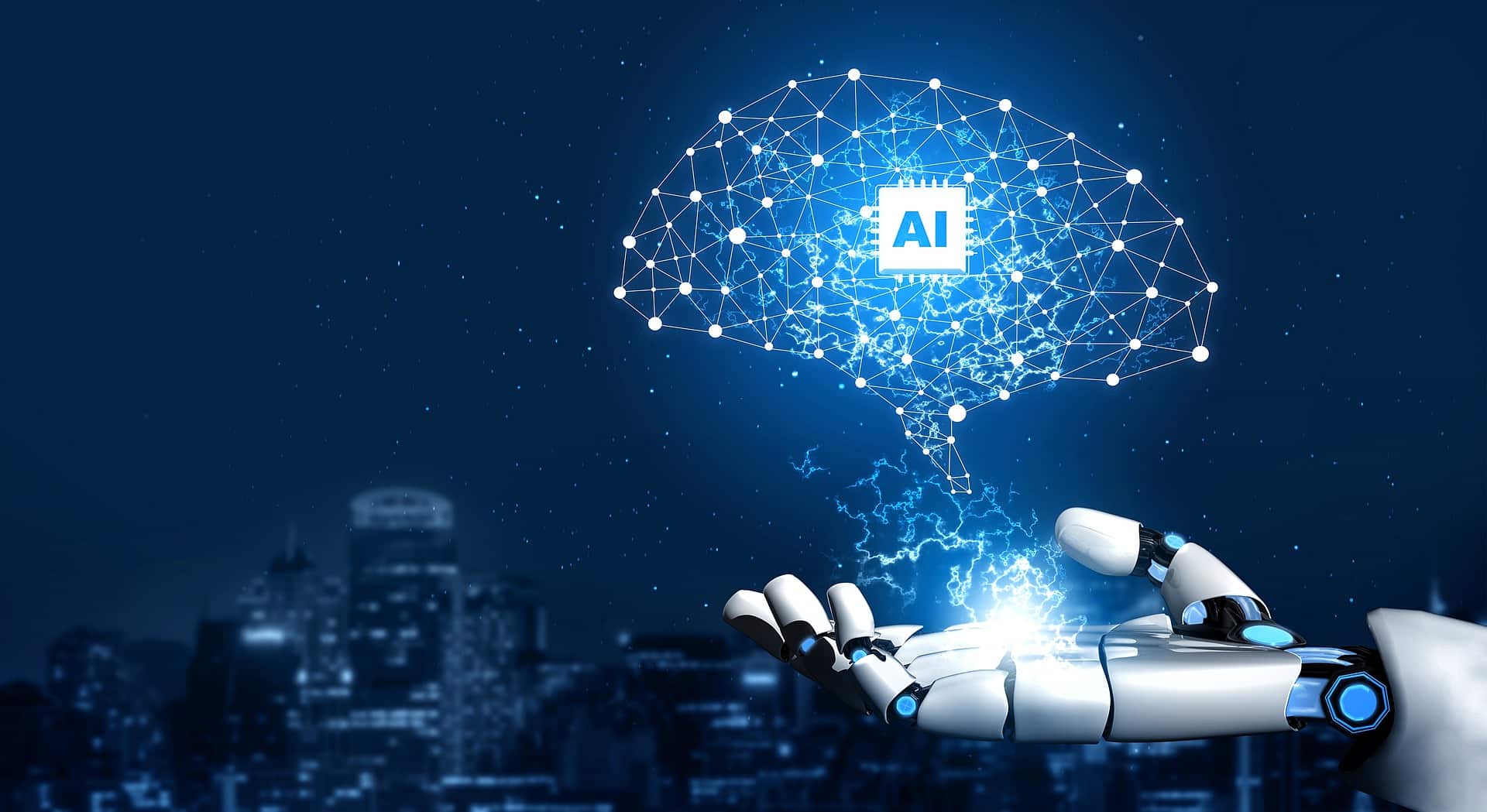
28 Jun AI and Consciousness: Exploring the Possibilities & Limitations
In the last article, we dove into the complex idea of AI and emotions. This week, and possibly even more complexly, we’re looking at Artificial Intelligence & consciousness – is that ever possible? How do free will, mortality, perception, and introspection help us calculate the possibility or impossibility of Artificial Consciousness? Let’s find out!
Defining Consciousness & Self-Awareness
Before we deep-dive into the complexities of these topics and throw AI into the mix, let’s define what these terms actually mean. Consciousness is the experience that involves self-awareness, perception, and decision-making on subjective matters – with a thousand different definitions of consciousness out there, it can be tricky to find an all-encompassing and entirely agreed-upon definition – but it certainly includes all of these elements.
Consciousness is what gives rise to free will & morality. Free will is integral to our human experience because of mortality – how we choose to live our life matters because we only have so much time. In an immortal world, such as in the world of AI where death doesn’t loom at the end of the line, free will implode because choices have no impact on mortality or life.
With that in mind, we can confidently state that because AI does not have free will and doesn’t live with death looming on the horizon, it can never truly be conscious. If we want to try and explain in a simple way, here goes: Consciousness -> Free Will -> Finitude. So, if A -> B, then No B -> No A. No Finitude – No Free Will – No Consciousness. Simple enough right?
Shower Thoughts & The Things that Make Us Human

AI has the kind of capacity and capability that Einstein could only dream of. It can play chess like a grandmaster and translate languages better than any high school French teacher. But we have a one-up on AI because AI lacks the incredibly profound awareness that makes us human. AI can’t ponder existence in the shower like us or feel the internal electricity of an ‘Aha’ moment. AI is strictly bound to algorithms, data, and facts.
Consciousness is what allows us to weigh up the ethical implications of our actions and make decisions. AI can simulate a decision-making process; however, it lacks the foundation of subjective experience and introspective that underpins moral judgment. AI algorithms work on predetermined patterns and rules, based on what they’ve been trained on, so they can’t act in free will outside of their programming.
The current AI we know and increasingly use in our daily lives, has intelligence but lacks the awareness that humans possess. What would it take for AI to possess Artificial Consciousness (AC)?
The Components of Artificial Consciousness
While AI will probably never be able to possess the acute awareness of self, the world, and morality, there is a kind of consciousness it one day could possess – Artificial Consciousness. AC “refers to a non-biological, human-created machine that is aware of its own existence and can think like it has a mind.” Intelligence + awareness. Here is what it would need to have to be ‘conscious’:
Awareness, but more specifically agency awareness, goal awareness, and sensorimotor awareness. Agency awareness is awareness of a certain action that’s been performed or not performed. Goal awareness is the motive that drives action. Sensorimotor awareness is the recognition of engagement in an action. Another element is advanced learning that provides the agent with an evolved sensitivity to subjective experience to afford flexible control over their actions in complex and unpredictable environments.
Another critical element for Artificial Consciousness to occur would be anticipation. Anticipation is the ability to predict future events, predict the consequences of one’s actions and the consequences of another’s actions.
The Beginning of the End?
Stephen Hawking said, “The development of full Artificial Intelligence could spell the end of the human race.” There are other prominent voices speaking out about AI and the potential of where it could go. At this point in time, AI does not possess the same consciousness humans exclusively possess. While it’s always exciting to ponder the possibilities of AI’s evolution, let’s not get ahead of ourselves. We’re not quite at the stage where machines are pondering their existence while sipping a cup of tea as we do. AI may dazzle us with its capabilities, but it falls short of capturing the essence of self-awareness, subjective experiences, and moral judgments that make us truly human.
References –
Messika, E. (2020). Will Artificial Intelligence ever gain consciousness? Medium. https://towardsdatascience.com/will-artificial-intelligence-gain-consciousness-d464d1ad7264
Turing. (n.d.). Complete Analysis of Artificial Intelligence vs Artificial Consciousness. Turing. https://www.turing.com/kb/complete-analysis-of-artificial-intelligence-vs-artificial-consciousness#



No Comments